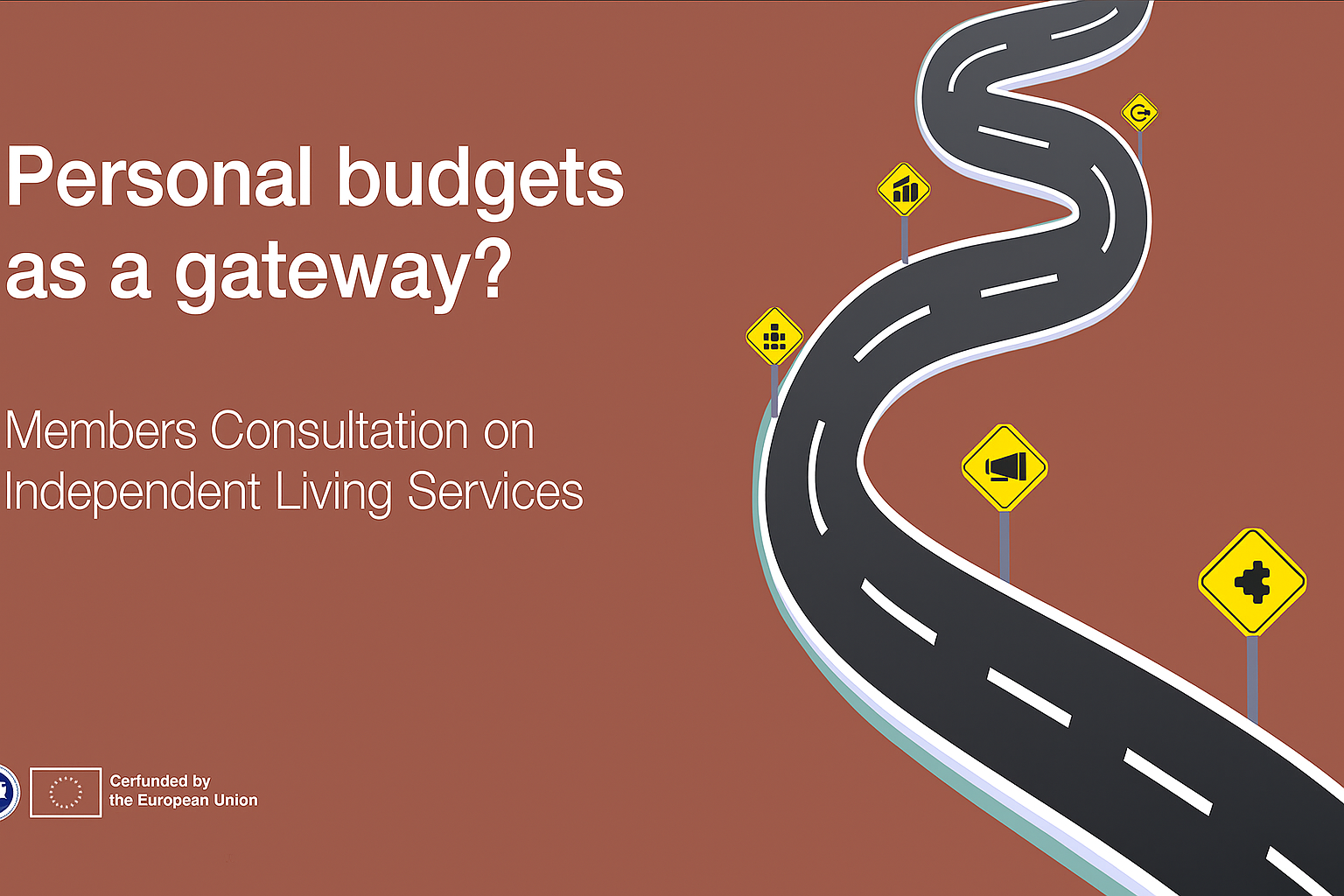On 14 May, the Disability High Level Group (DHLG) came together in Brussels for their annual meeting. DHLG is composed of representatives of the Member States (typically from ministries dealing with social affairs) and is also attended by organisations of and for people with disabilities. ENIL was represented by our President Kapka Panayotova, and Nadia Hadad also attended in her capacity as a member of EDF’s Executive Committee (where she represents ENIL).
The first part of the meeting was dedicated to reports by those Member States recently reviewed by the CRPD Committee. This year, this was Bulgaria, Spain and Norway. Concluding Observations for Bulgaria and Spain were already published, whereas for Norway they are still pending. Interestingly, Norway will also be visited by the UN Special Rapporteur on the Rights of Persons with Disabilities in October. In the case of Denmark, two individual communications, on Article 5 and 23 CRPD (brought under the Optional Protocol) were presented. Government officials reported mainly on the process of drafting their official reports and the involvement of DPOs, as well as some of the recommendations received by the Committee. None of the countries reflected much on the implementation of Article 19, although both Bulgaria and Spain received recommendations to move away from institutional care and the use of Small Group Homes.
Representatives of France and Malta reported on the high level ministerial meeting on disability, co-organised with the Romanian Presidency, and the conference on cooperation with the Arab region on disability. The latter resulted in the adoption of a political declaration signed by 10 EU Member States and 10 Arab countries.
The Finnish Presidency of the EU, which follows on from Romania’s, will focus on two issues: the economy and well-being. Three events will be held until the end of 2019: the silver economy forum, a high level conference on well-being and a conference co-organised with EDF.
With regard to the latest EU policy developments, the Disability Unit gave an update of the awareness-raising campaign focused on discrimination in employment, which includes an interactive map of the national equality bodies translated into 24 languages, videos and leaflets. The European Commission will also start working on a report on Directive 2000/78 (equal treatment in employment and occupation), with requests for input to be sent to the Member States at the beginning of 2020.
Other policies discussed were the European Accessibility Act, the European Disability Strategy (which is in the process of being evaluated) , the Parking Card, the EU Disability Card and the European Semester. Finally, ANED’s report on Disability assessment in the EU was presented by Prof. Lisa Waddington.


